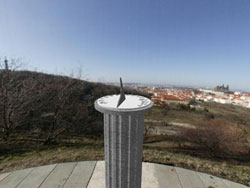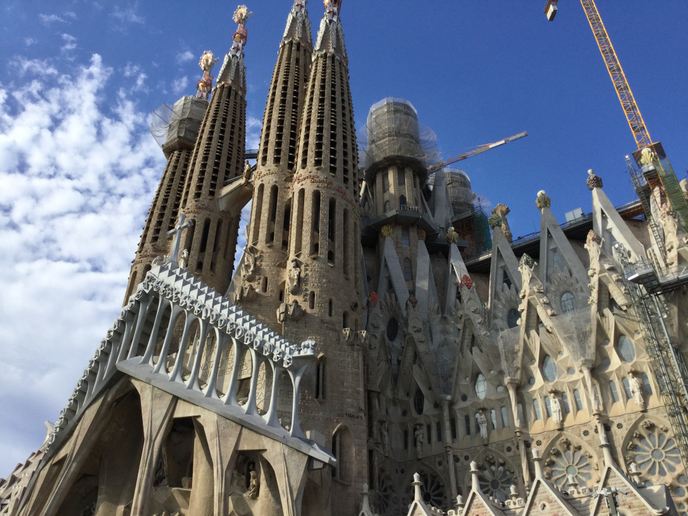Near photo-realistic 3D visualisation
Recreating real places - as distinct from virtual places or environments - using virtual reality technology raises a series of significant challenges. Nevertheless, innovative techniques and hardware capabilities promise photo-realistic three-dimensional visualisation of actual physical places for a moving observer, even for real-time applications. The BENOGO project was initiated to build on research into a new Image-based Rendering (IBR) technique that has been carried out by the Hebrew University of Jerusalem, one of the project partners. Image-based Rendering is a visualisation technique offering clear advantages over traditional three-dimensional model-based computer graphics. More specifically, the Image-based Rendering technique does not require a reconstructed geometrical model of the scene; a rough scene geometry description is sufficient. By simply acquiring images at specific viewpoints in a systemic fashion, images that were never taken can be composed by combining small image parts from the available ones. As Image-based Rendering cannot be supported by fast purpose-designed graphics hardware, researchers at the Aalborg University have developed a dedicated software platform. For sufficient support of the massive data exchange and transformation required, this software platform provides for input data and processing to be distributed on an arbitrary number of networked computers. Moreover, by integrating traditional model-based computer graphics, sound and image-based rendering with user tracker technology, this software platform enables users to explore a world being presented through visualisation and sound. For users to move about and have a proper response to changes in viewpoint, only a head-mounted display set and head-tracking system is required. Since the very early stages of the project, extensive tests have been carried out, even with the first versions of the system, to establish the potential of this technology. In addition, a transportable and stand-alone version of the system was assembled and demonstrated to conference attendees, who were impressed by what they experienced.







